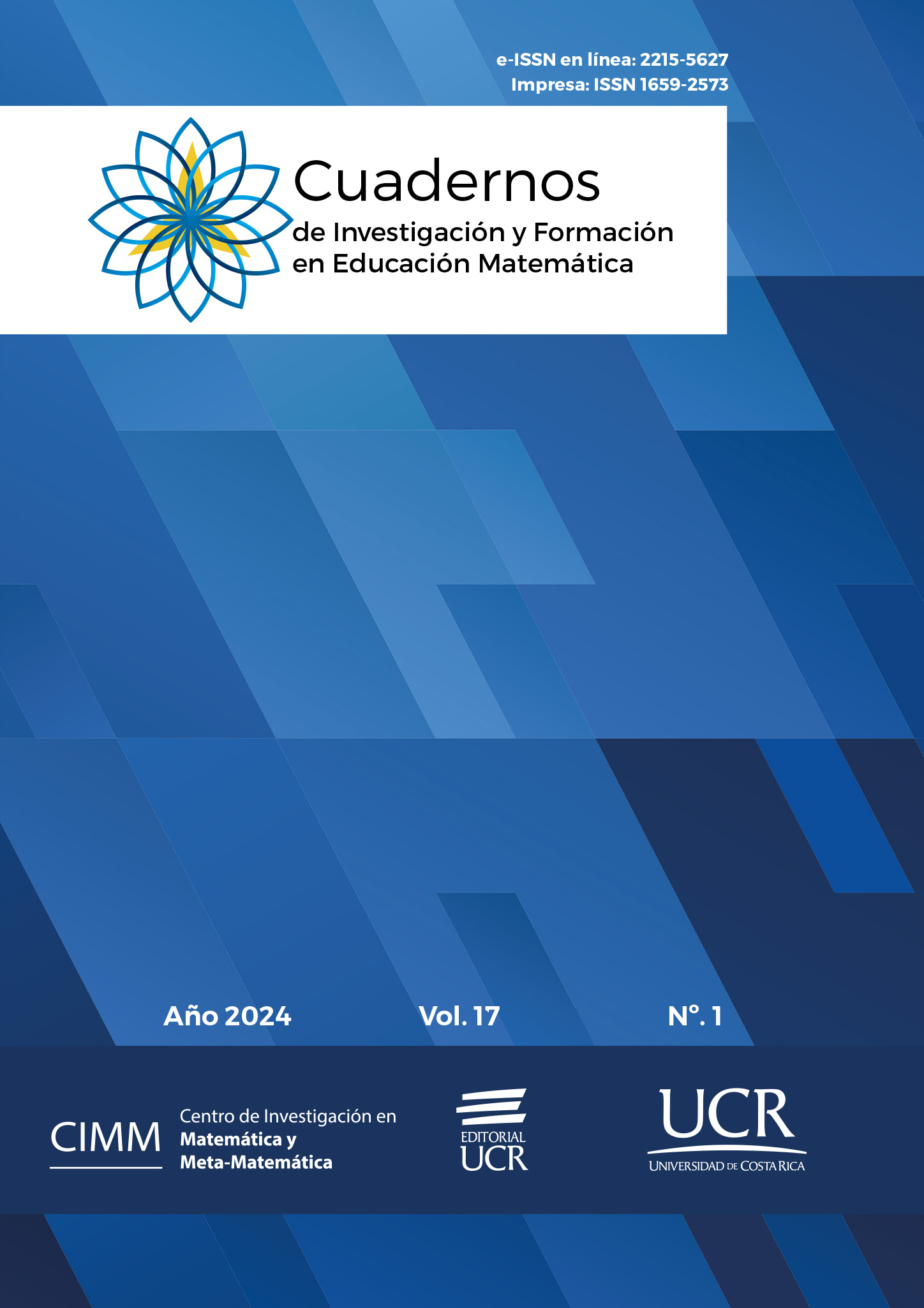Abstract
This paper seeks that the mathematics teacher recognizes the role that his activity plays, establishes his belonging to an academic field, in addition to appropriating a possible route that guides the treatment of a school mathematical object, explained with the theoretical considerations of the socioepistemological theory, which seeks the resignification of the mathematical knowledge. The teacher's activity is usually studied from very specific frameworks; we start by considering the different functions that he develops, his initial training, what he does and learns in the spaces where he interacts and develops. We propose to understand the teacher as part of a disciplinary field such as Educational Mathematics and from there recognize the immense field of action that it offers: access to a diversity of proposals and designs that allow the construction of school mathematical knowledge with theoretical foundations. In particular, the socioepistemological perspective seeks to discuss the relevance of generating learning situations based on a nesting of practices and the systematic redefinition of mathematical knowledge. We show an example of a learning situation in a measurement scenario; it consists of three phases: the factual one is of an exploratory nature and allows working with the data; the second, procedural, in which language and required arguments are built with the data and in the third phase (resignification) the data is resignified; the intentionality of the practices and the problematization that gave rise to the design are made explicit.

